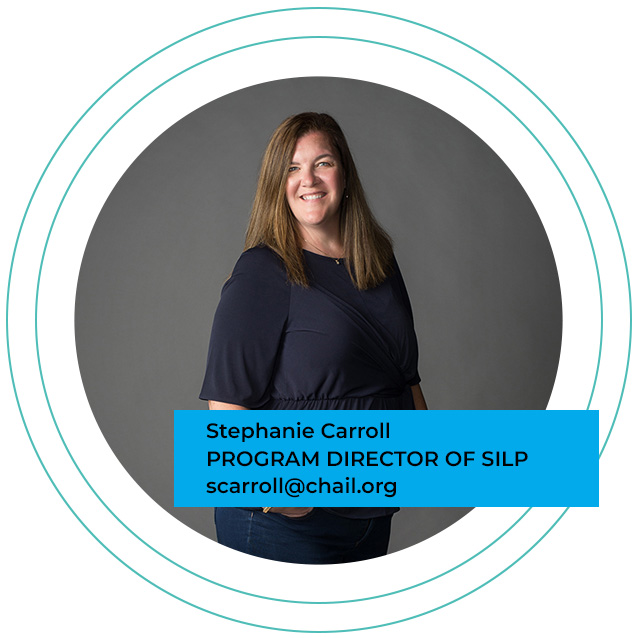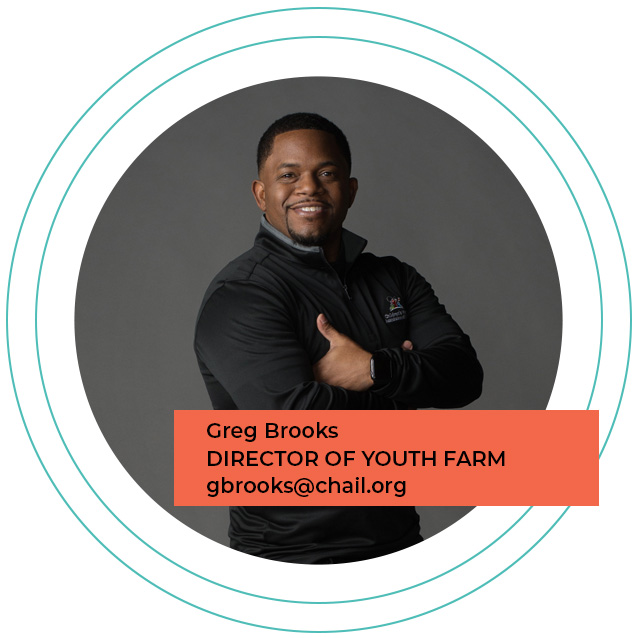
Residential
When remaining in their home is no longer safe, and traditional foster care is no longer an option. We step in to assist with residential options.
We support youth with full-time residential facilities, to help create and maintain stable and healthy environments for kids with no place to go.

Supervised Independent Living Program (SILP)
Transitional and independent living for young adults.
Developmentally Delayed Transitional Living Program (DDTLP)
Youth in our DDTLP share a house with 6-8 other individuals of the same sex.
Each home has round the clock supervision. In this program, youth are provided with tools to secure and maintain a job, budget, meal plan, access public transportation, and learn about community engagement and resources. The goal of this program is to prepare youth for independence in the least restrictive environment possible. As such,
life skills and programming with this group of clients may differ based on cognitive ability.
At this time, only males ages 17.5 – 21 with an IQ of 70 or greater are eligible for this program.
Independent Living Option (ILO)
The Independent Living Option allows for youth to move into their own residence. Despite not having round the clock supervision, youth in this program maintain a regular relationship with Children’s Home staff. They receive feedback on hygiene, apartment upkeep, meal planning, recreational planning, and more. Budgeting assistance and oversight is provided until they are discharged from the program at 21 years of age.
In addition to the life skills provided by staff, youth in this program may elect to receive counseling services from Children’s Home behavioral health team.
This program is currently open to young men and women ages 18 – 21. In order to be eligible for consideration, youth are expected to have maintained a job for at least 45 days and have a high school diploma or GED.
Transitional Living Program (TLP)
TLP services are similar to the services offered in the Developmentally Delayed Transitional Living Program (DDTLP), except these homes
are specifically designated for youth with an IQ of 70 or greater.
The goal of this program to create and foster productive members of society who will seamlessly transition into independent living in
the next phase of their lives.
At this time, only males aged 17.5 – 21 with an IQ of 70 or greater are eligible for this program.
Interested in learning more about transitional and independent living?
“It feels very good to know that people want to see me succeed and they want the best for me.”
— former client
Youth Farm
A trauma-informed approach to help youth stabilize behaviors.
CHAIL’s Youth Farm program campus provides youth ages 9 – 21 with a safe space to address behaviors and redirect emotions in a healthy way. Clients in this program receive ongoing sessions with one of our clinical therapists, assistance in stabilizing medications through an on-campus nurse, around-the-clock staff supervision and support, and activities that are both recreational and therapeutic. The goal of this program is to stabilize behaviors that stem from trauma, so clients can reintegrate to a less restrictive living environment.
Referrals to our Youth Farm campus come by way of the Department of Children and Family Services (DCFS), the Illinois Department of Juvenile Justice (IDJJ), the Department of Healthcare and Family Services (HFS), the Department of Human Services (DHS), and the Illinois State Board of Education. Private referrals are not accepted at this time.

There are currently three Qualified Residential Treatment Program (QRTP) cottages, and two group homes located on our Youth Farm campus. All of our cottages, as well as our group home, house 10 youth at a time.


